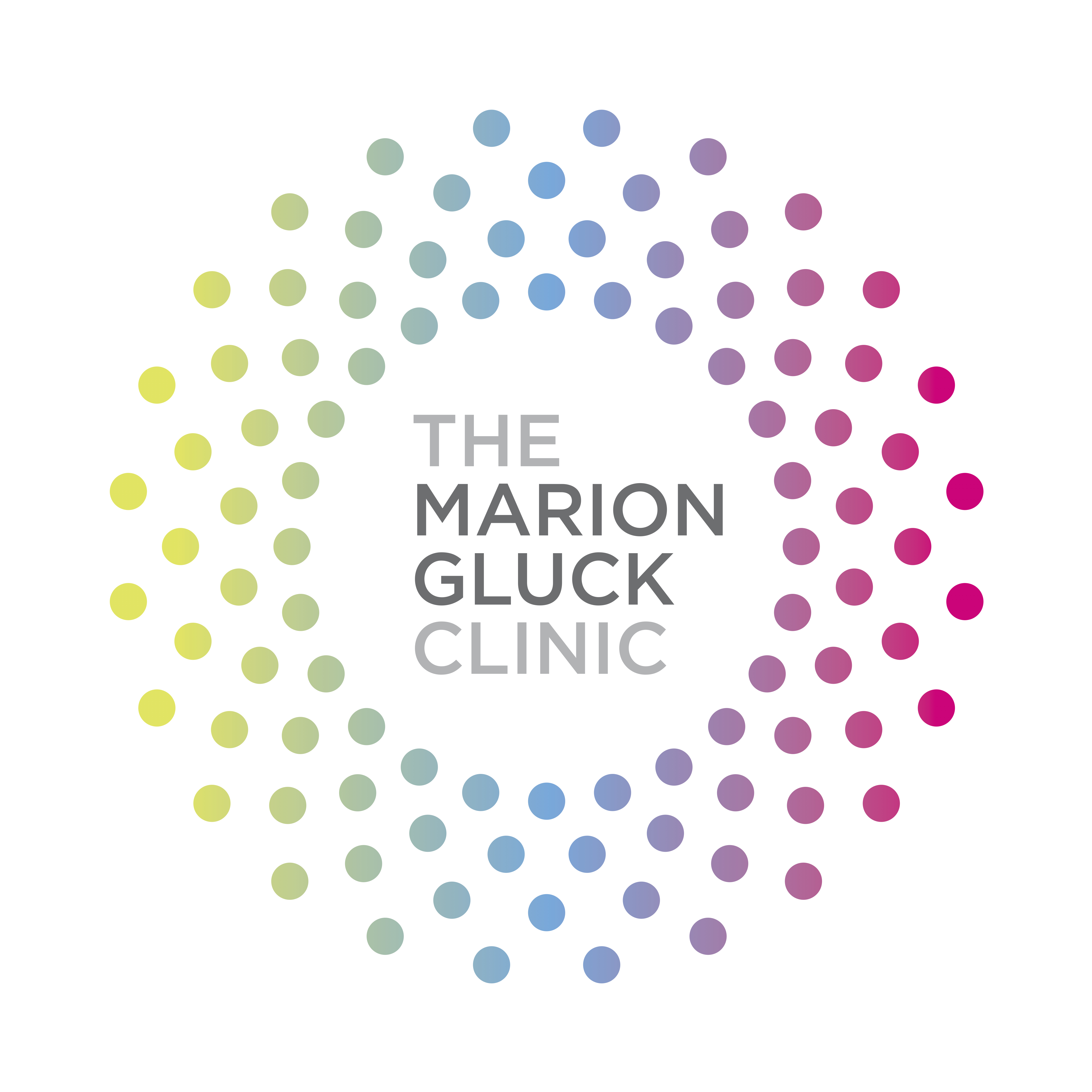What’s The Link Between Hormones And UTIs?
Urinary tract infections (UTI) are the most common type of bacterial infection in women, especially women in postmenopause. Most women have had a UTI and 40% of women who get a UTI will get at least one more in the next six months.
UTIs are more common in women because women have short urethras, which means that germs can easily track up. Germs can also get pushed up the urethra during sex, if you’re dehydrated or if your hormones are in flux.
UTI symptoms in women
Unfortunately, UTIs can come with a long list of unpleasant symptoms, even though many people do not experience any signs. Common symptoms of UTIs include:
A burning sensation when urinating
A persistent urge to urinate
Strong-smelling urine
Pelvic pain
Passing small amounts of urine
Feeling under the weather
Urine that appears cloudy
Urine that appears red, bright pink or resembles the colour of cola
At times of hormonal fluctuations, there’s an increase in UTIs. In a normal menstrual cycle, the vaginal layer becomes more sensitive and susceptible to infections when oestrogen is low at the time of menstruation.
What does oestrogen do?
Oestrogen is very protective against UTIs. We used to think the bladder was sterile, but research shows that the bladder has a microbiome too. So the bladder has a microbiome, and its microbiome is interconnected with the microbiome of the vagina.
The same types of bacteria, such as Lactobacillus, Gardnerella, Staphylococcus and Streptococcus, are found in both.
Lactobacillus
Lactobacillus is a particularly helpful bacteria — it produces lactic acid and makes it really hard for pathogens such as E. coli, to take over and cause a UTI.
Oestrogen is also a natural probiotic. The presence of oestrogen increases the stores of glycogen in the vaginal lining, which acts as a food source for lactobacilli and allows protective lactobacilli to flourish. When oestrogen levels start to decline, this food source diminishes, and so do the lactobacilli and accompanying protective acid.
Oestrogen and UTIs
Lack of oestrogen means more UTIs. Giving back oestrogen can fix the problem — studies have shown that after menopause, women who took oestrogen vaginally had better prevention against UTIs than women who were given prophylactic antibiotics.
In postmenopause, not only is it safe to use vaginal oestrogen lifelong but also, many women find that if they stop taking vaginal oestrogen, their symptoms are back within a matter of weeks. The point is that hormones are key to genital health.
Using hormone creams for UTIs
There are oestrogen and testosterone receptors throughout the genitourinary system. Oestrogen and testosterone cream are applied deep into the vagina or on the external genitalia and the urethra will reach these receptors and do their magic.
But be careful not to mix up the benefits of bioidentical oestrogen and testosterone creams with taking a synthetic combined oral contraceptive pill. Oral contraceptive pills actually suppress your own ovaries and oestrogen and testosterone production.
How to Prevent UTIs
Here are some tips on how to prevent UTIs:
Drink lots of water: Drinking lots of water dilutes your urine and ensures you keep flushing out any bacteria in your urinary tract. And take your time to make sure you fully empty your bladder when you pee
Try to avoid caffeine and alcohol
Always pee after sex: Friction can push germs up the urethra. Urinating after sex flushes out any potential bacteria that have entered the urinary tract during intercourse
Wipe from front to back: This stops the spread of faecal bacteria such as E. coli from your anus to your urethra
Take a D-mannose supplement: cranberry juice is an urban myth. If anything, the sugar content of the juice may make matters worse. But research shows that D-mannose may be effective in preventing UTIs
Correct low vaginal hormone levels
A Cochrane review of nine studies (3345 women) found that vaginal oestrogen significantly reduced the number of UTIs.
Hormones are key for genital health, and, at the time of our lives when hormones start to dwindle, vaginal oestrogen should really be thought of as a preventive.
If you are 37 plus and suffering from frequent UTIs and wondering if vaginal oestrogen and testosterone may help your symptoms, get in touch now.






